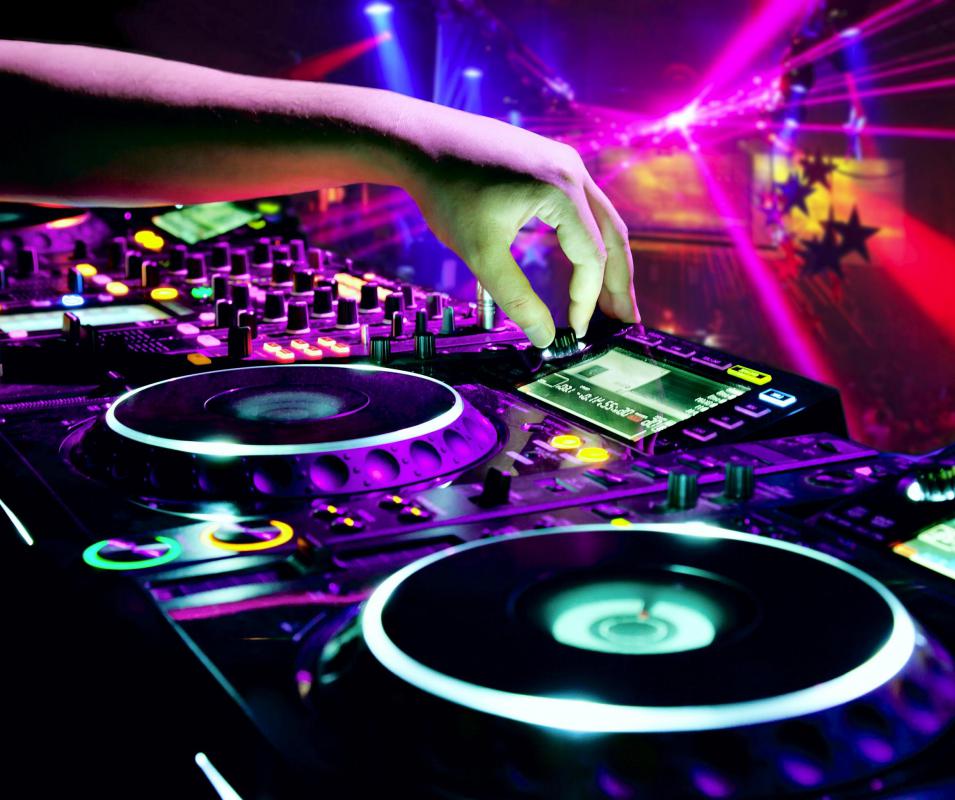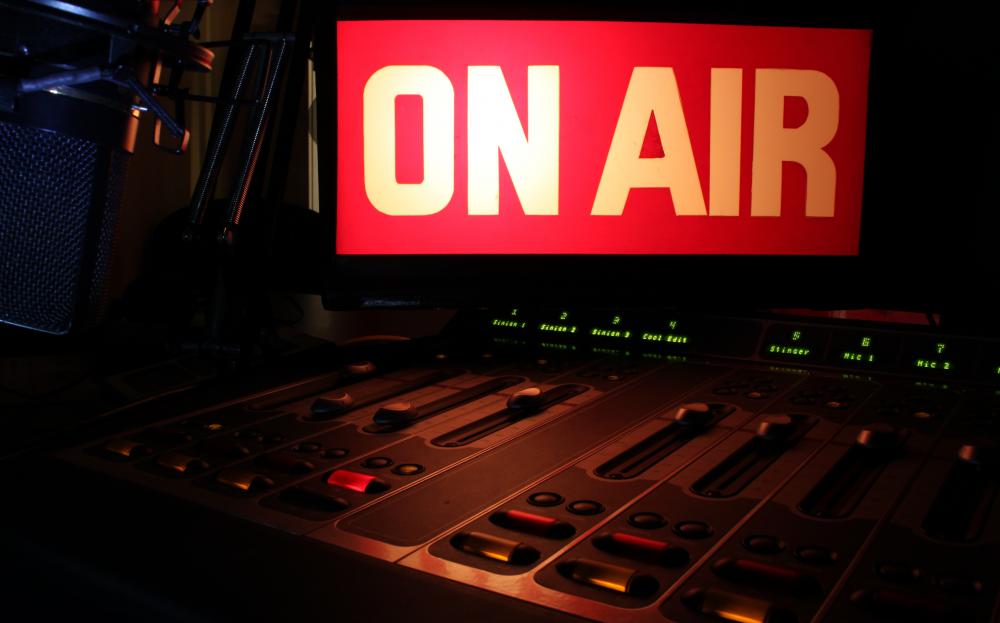At WiseGEEK, we're committed to delivering accurate, trustworthy information. Our expert-authored content is rigorously fact-checked and sourced from credible authorities. Discover how we uphold the highest standards in providing you with reliable knowledge.
How do I Become a DJ?
When a young music lover says: "I want to become a DJ" these days, the usual response is "What kind?" As audio technology has exploded over the past two decades, DJs -- like their music -- have become multi-track. Some still play songs over the radio, interspersed with commentary, much as DJ legends like Alan Freed and Wolfman Jack did two generation ago. Others work in clubs, where they often become as much performers of music as purveyors of it.
In addition, there is also a type of DJ who makes house calls, showing up with a storehouse of music and a van full of equipment to entertain guests at house parties. And unlike the days remembered fondly by baby boomers, when music of all kinds found its way onto the top 40, today's DJ is often a specialist in a particular genre. A reggae DJ, for instance, may project a very different persona than one who is into hip hop or classic rock.

To become a DJ in the 21st century takes more than just a love for and knowledge of music. It also requires at least a working knowledge of sound equipment and computers. Moreover, the traditional radio DJ still needs to be an extrovert, because the job will undoubtedly include setting up "remotes" to broadcast from businesses and community events.
The best way to become a DJ hasn't changed, however -- learning by doing. Most colleges have their own radio stations, and many local stations offer internships. The rise in popularity of the career has also given birth to radio broadcasting curricula at many colleges.

The time-honored musical tradition of "paying dues" often comes into play here. In metropolitan areas with multiple radio stations, someone hoping to become a DJ often must settle for a low-paying job (or non-paying job) at one of the least popular, perhaps working with the "wrong" kind of music or venturing onto the air at off hours. Nevertheless, such opportunities still offer quality time with the vast array of equipment that will be needed down the road -- sound systems, playback devices, music mixers, microphones, computer files for storing music and all the rest.

Like many other creative fields, the broadcasting business is actually quite democratic. The owner of a radio station or club normally doesn't care whether an applicant has a college degree or "hard knocks" experience. Rather, the success or failure of the interview generally depends upon the quality of the audition tape the hopeful DJ brings along. "Don't tell me," the mantra goes; "show me."
AS FEATURED ON:
AS FEATURED ON:














Discussion Comments
Great overall guide to becoming a Radio DJ!
Post your comments